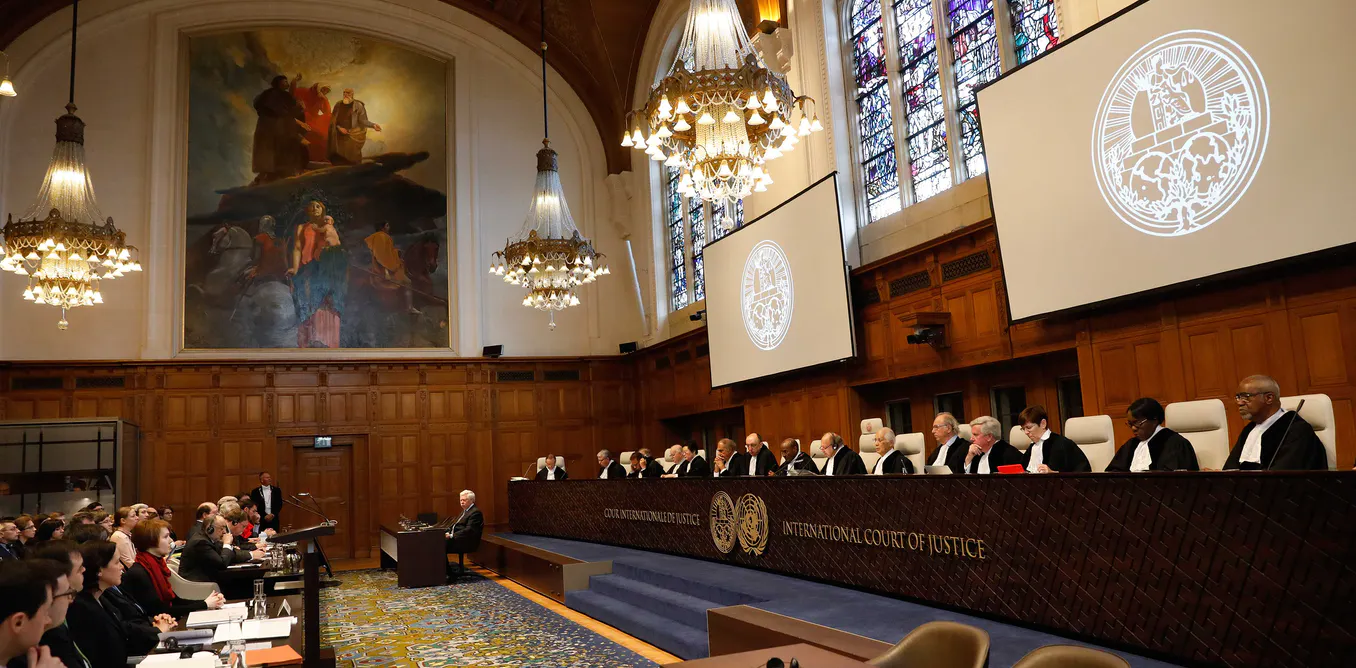According to the Azerbaijan’s application, “Armenia has engaged and is continuing to engage in a series of discriminatory acts against Azerbaijanis, on the basis of their ‘national or ethnic’ origin within the meaning of CERD through both direct and indirect means.
Azerbaijan claims Armenia “continues its policy of ethnic cleansing”, and that it “incites hatred and ethnic violence against Azerbaijanis by engaging in hate speech and disseminating racist propaganda, including at the highest levels of its government”.
Referring to the period of hostilities that erupted in autumn 2020 Azerbaijan contends that “Armenia once again targeted Azerbaijanis for brutal treatment motivated by ethnic hatred”. Azerbaijan further contends that “Armenia’s policies and conduct of ethnic cleansing, cultural erasure and fomenting of hatred against Azerbaijanis systematically infringe the rights and freedoms of Azerbaijanis, as well as Azerbaijan’s own rights, in violation of CERD”.
The International Court of Justice (ICJ) is the principal judicial organ of the United Nations. It was established by the United Nations Charter in June 1945 and began its activities in April 1946.
The Court is composed of 15 judges elected for a nine-year term by the General Assembly and the Security Council of the United Nations. The seat of the Court is at the Peace Palace in The Hague (Netherlands).
The Court has a twofold role: first, to settle, in accordance with international law, through judgments which have binding force and are without appeal for the parties concerned, legal disputes submitted to it by States; and second, to give advisory opinions on legal questions referred to it by duly authorized United Nations organs and agencies of the system.
EU Reporter










